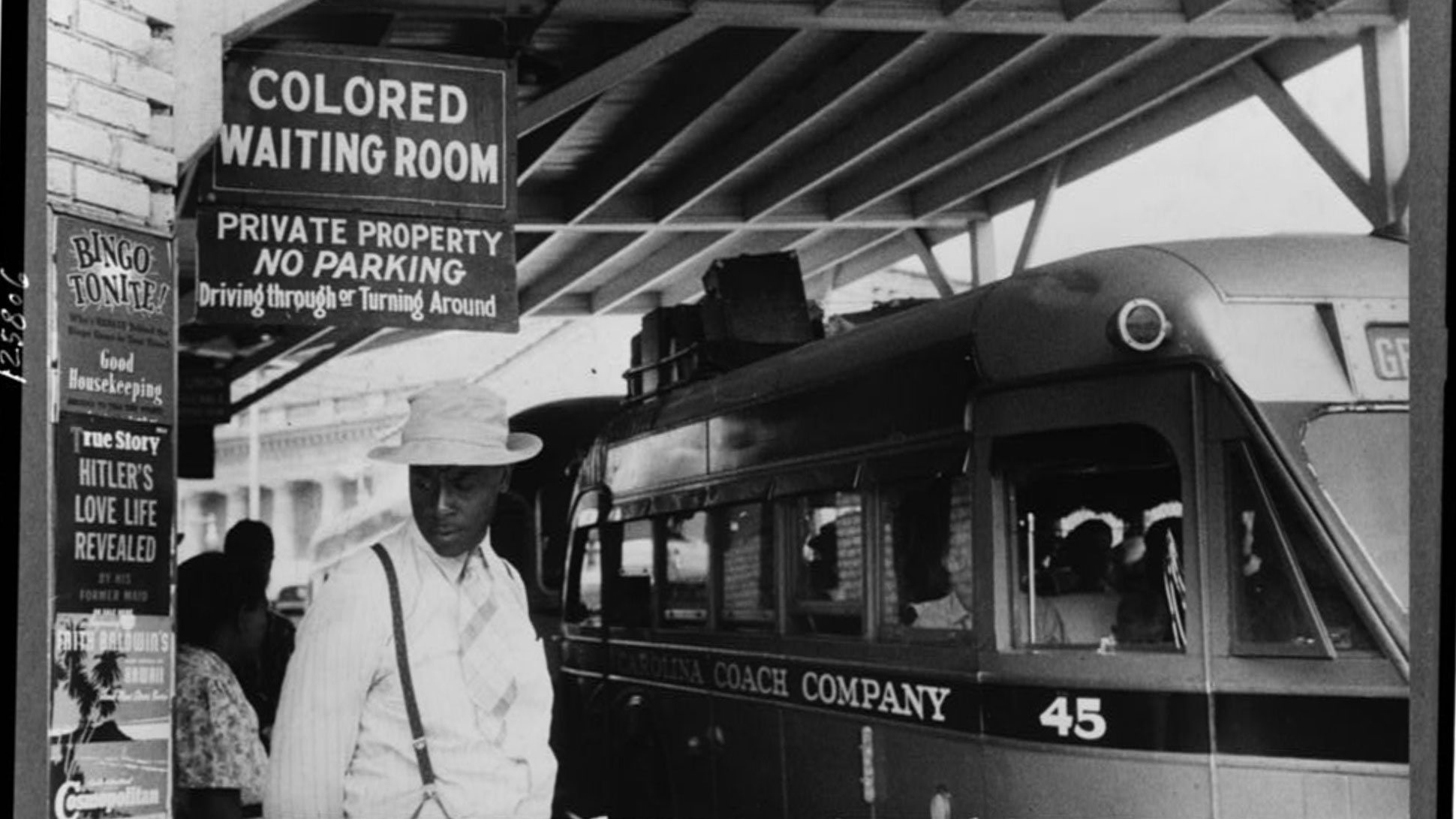
Oct. 30, 1870

Three Black men challenged the racist system of segregation in Louisville, Kentucky. They paid their fares and sat up front on a trolley — only to be challenged by the driver and a white passenger.
Robert Fox, an elderly mortician, said he and his business partners had the same right to ride as whites. The driver alerted his central office, and soon a group of white drivers dragged them off the trolley, kicking them and shouting racial slurs. Police arrested the trio, whose lawyer argued that their disorderly conduct arrests had taken place because of their race.
“They are good citizens,” their lawyer said, “and they ask for simple justice and nothing more.”
The judge fined the trio $5, and Black passengers boycotted the trolley. Fox sued the Central Passenger Railroad Company, which ruled in his favor and awarded him $15. Inspired by the victory, Black passengers began staging “ride-ins” across the city. The protests led to clashes on the city streets, and Louisville’s mayor intervened. Streetcar companies agreed to desegregate the trolleys, and the Black citizens rejoiced. They had really won.

